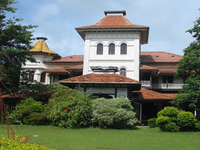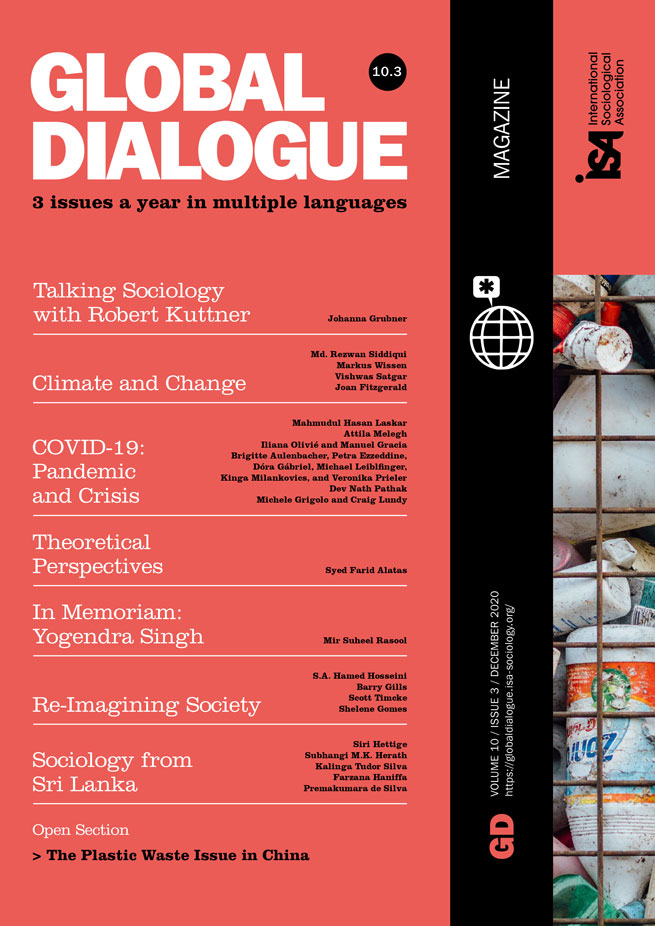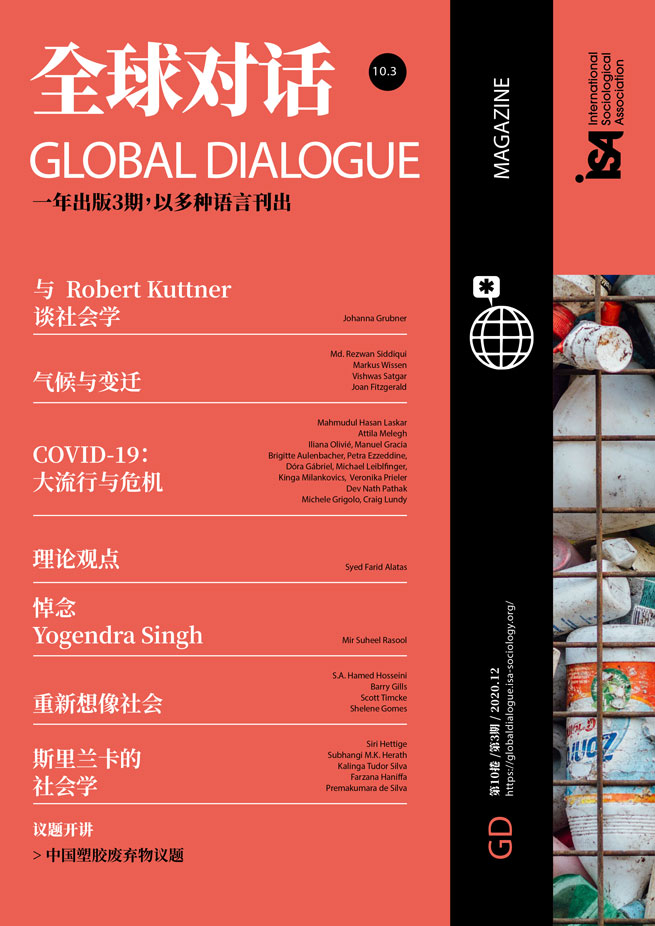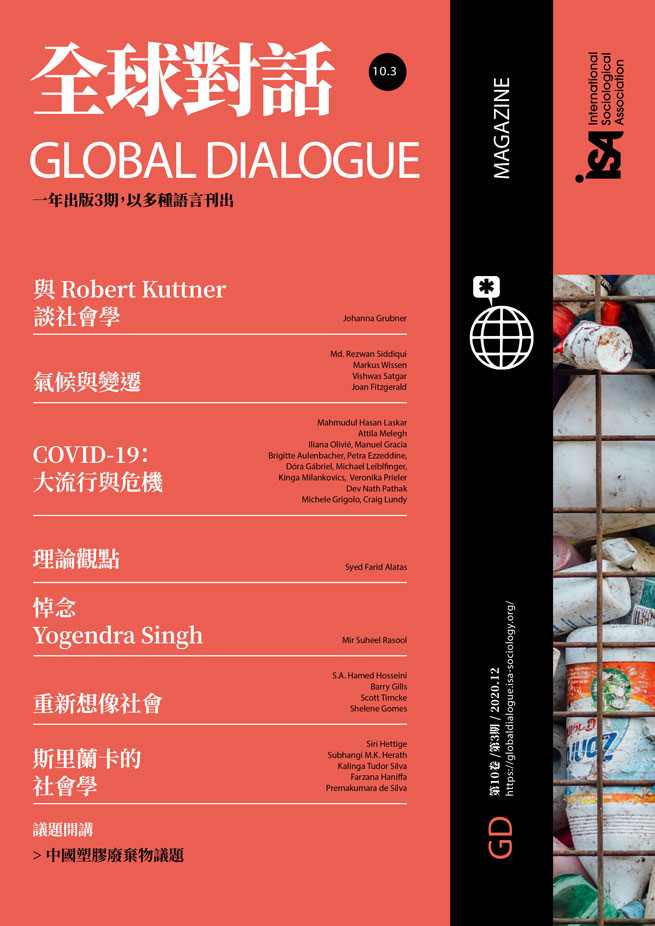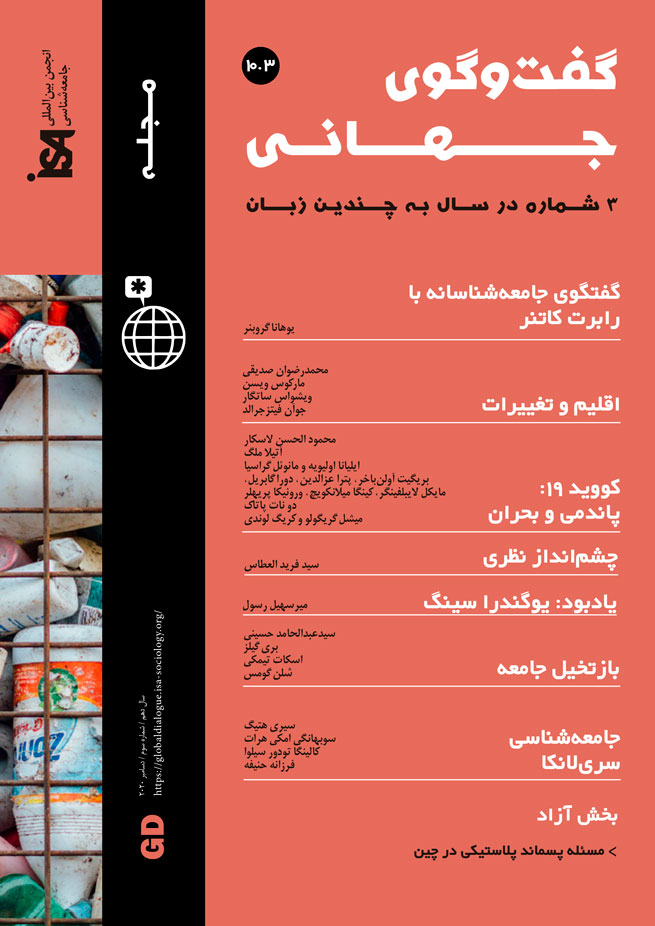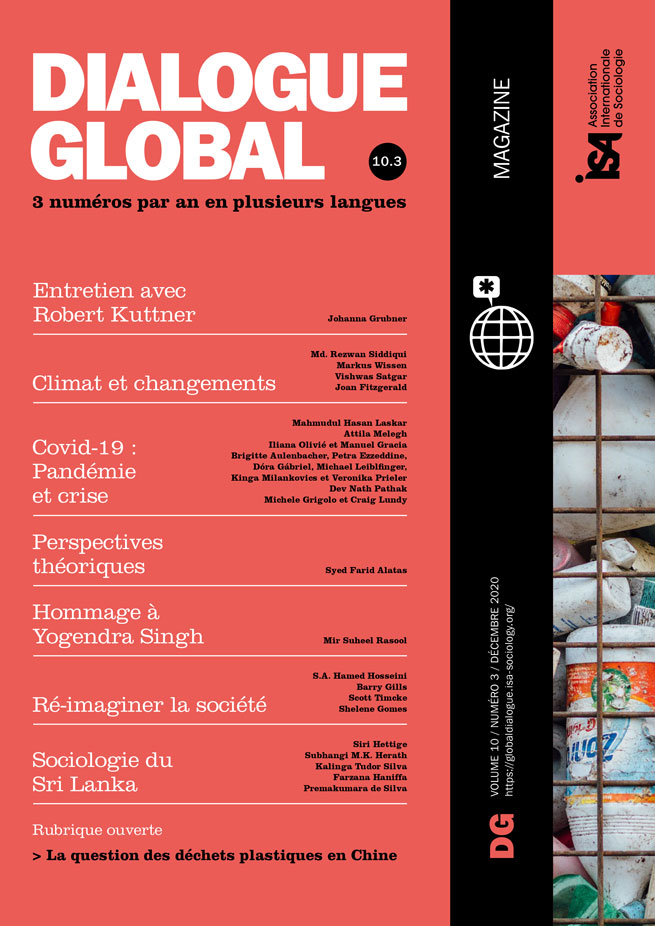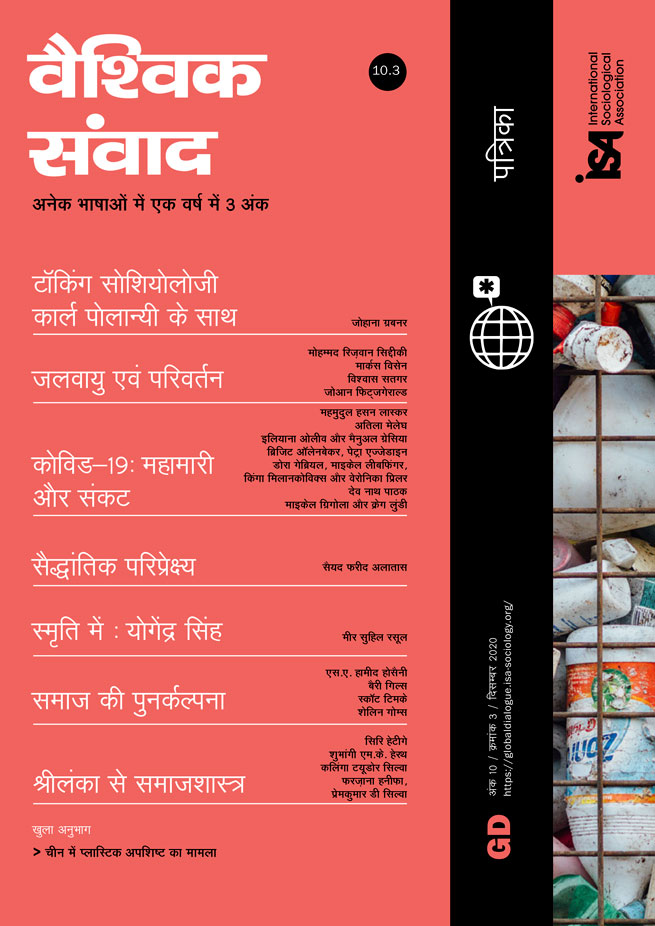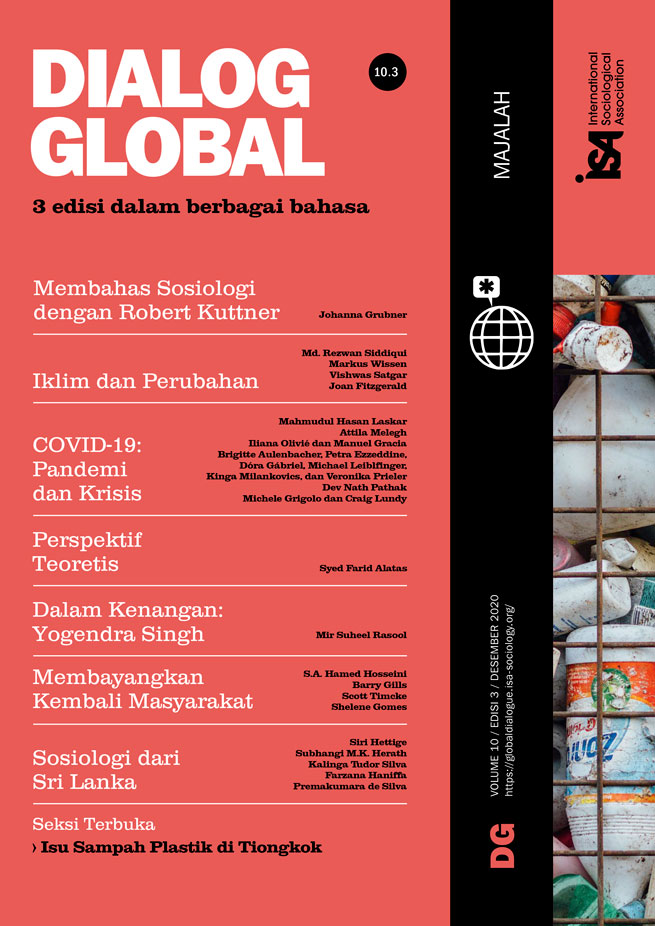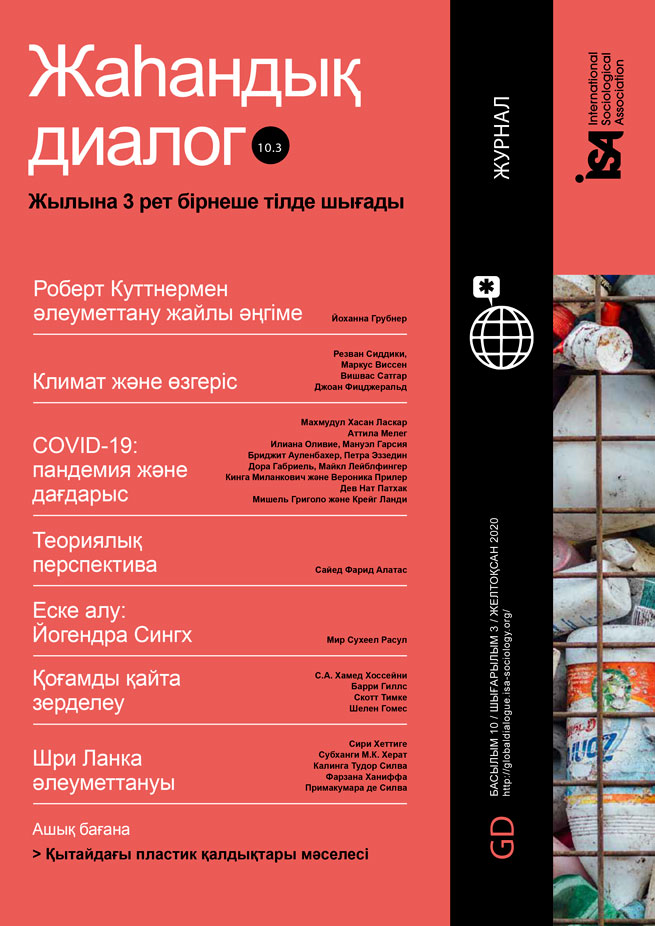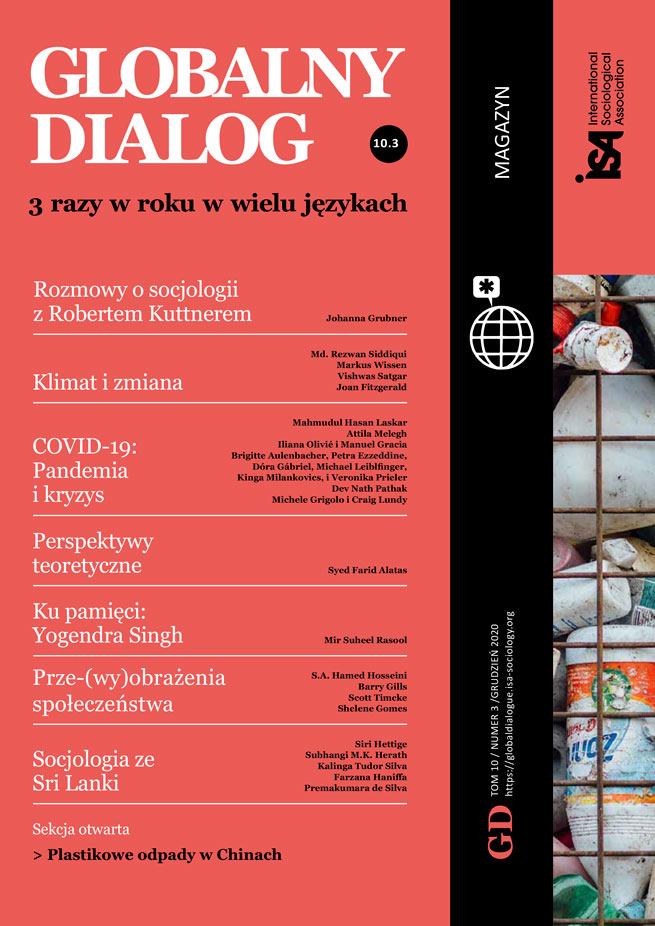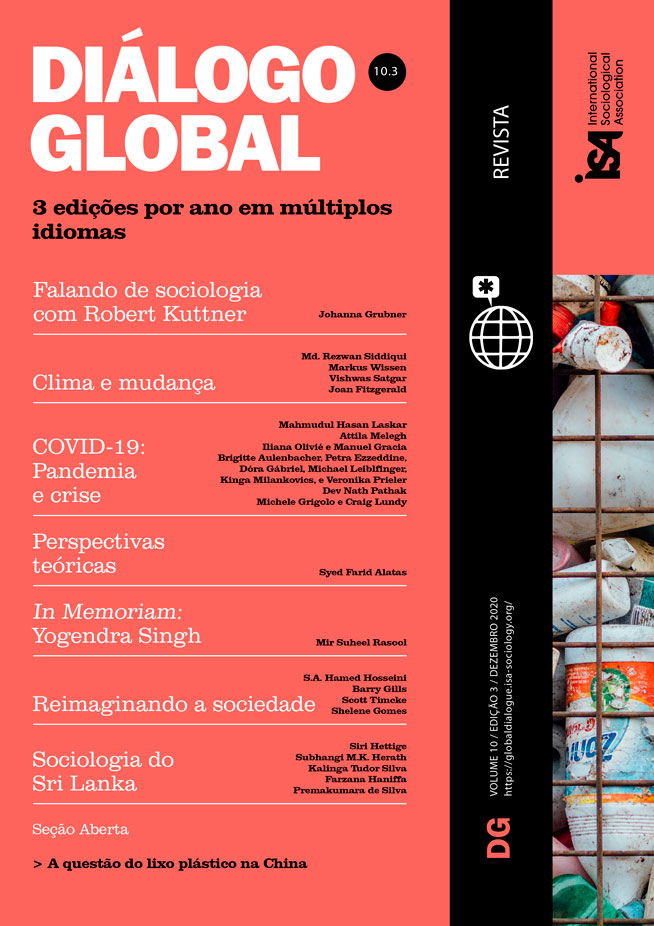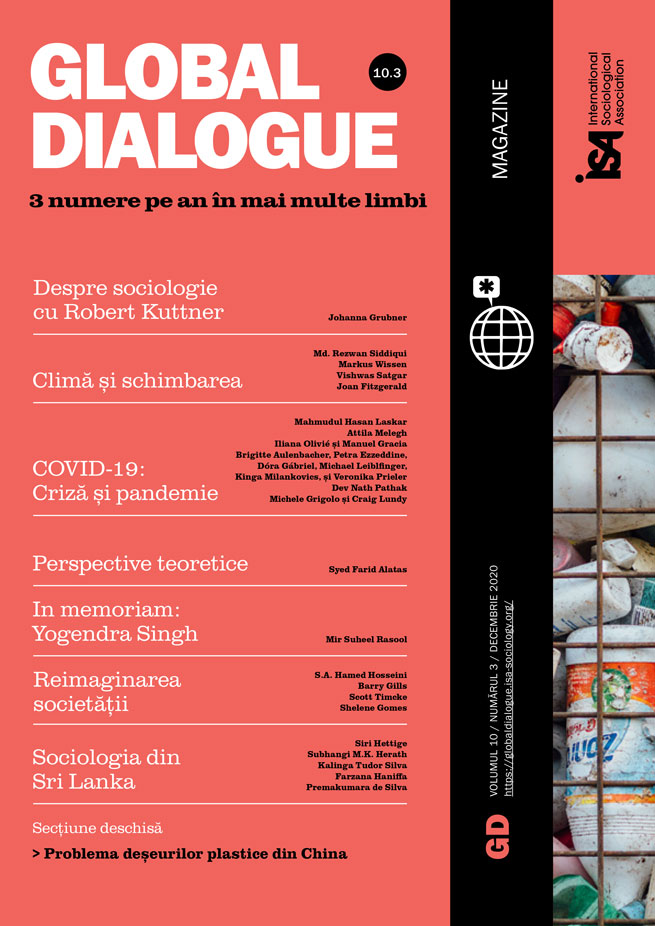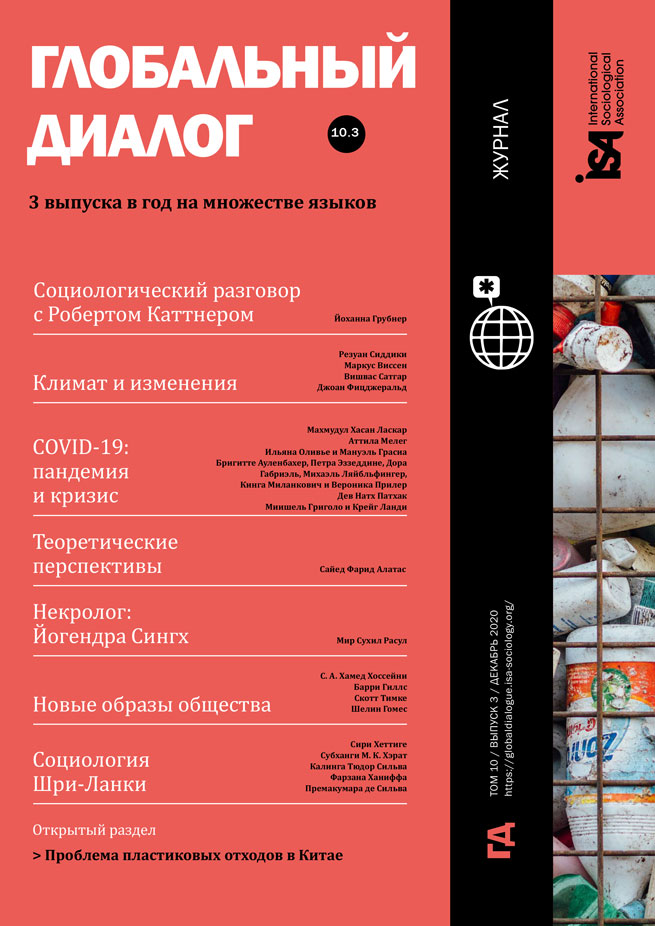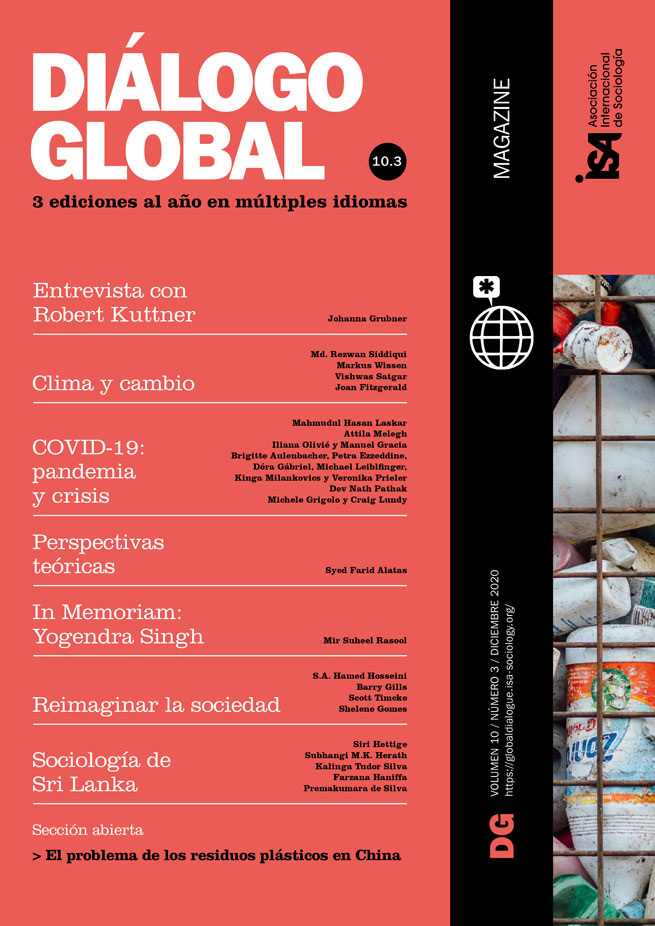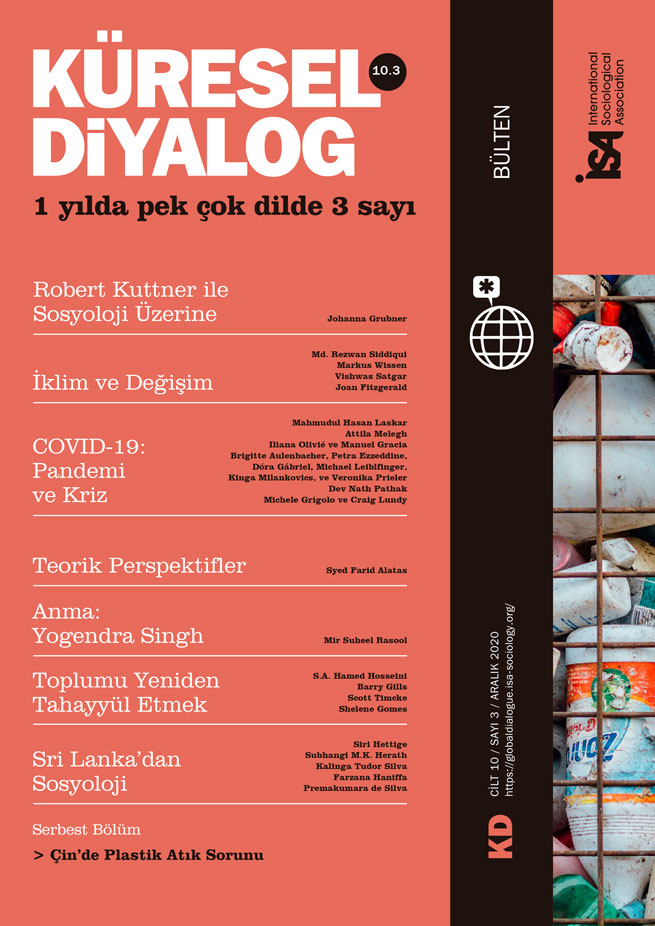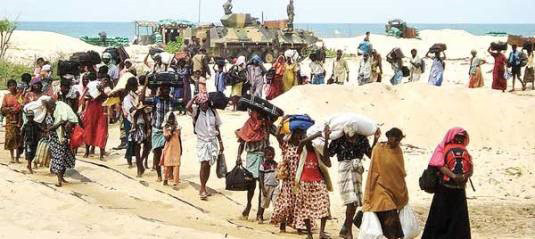Sri Lankan sociology began with ethnographic and historical approaches to understanding a stable and largely peaceful society by local and international researchers during the 1960s. These studies tried to unravel the underlying principles shaping durable institutions like kinship, land tenure, religion, and caste. Almost taken by surprise and unprepared to grapple with the emerging realities, these researchers became confronted with diverse forms of violent social conflict in the decades that followed. This essay examines the nature of violent conflict in Sri Lanka from the 1970s, how researchers approached it from diverse viewpoints, the challenges encountered, and what lessons we can draw from these studies for facilitating peace.
Acute and chronic violence
The violence that erupted in Sri Lanka since the 1970s took many shapes. These ranged from anti-state political uprisings by Janatha Vimunkthi Peramuna (JVP), lit. People’s Liberation Front, a Marxist-style youth rebel movement in Southern Sri Lanka producing unprecedented state repression in 1971 and from 1987 to 1989; the Liberation Tigers of Tamil Eelam (LTTE), an armed ethno-nationalist separatist movement among Tamils in Northern Sri Lanka producing a protracted war from 1983 to 2009 causing serious human right violations on both sides; a brutal outbreak of ethnic riots by Sinhala mobs against Tamil civilians in July 1983; and the orgy of violence by suspected Islamist terrorists targeting tourists and Christians on April 21 Easter Sunday of 2019. As violence became entrenched, it took chronic and acute forms in the hands of law enforcement agents as well as their opponents. All these conflicts posed serious threats to national security. There were also regular episodes of post-election violence in each successive national election since the 1970s, usually targeting the losers. In the words of Jonathan Spencer “violence in Sri Lanka is often an intensification of normal politics rather than a total departure from everyday politics as such.”
Most of this violence was identity-driven, fueled by a progressively one-track mind anchored in a monolithic identity, be it ethnic, religious, class, or caste. Identity conflicts called for sociological analysis not only because they had some continuity with their subject matter in the previous era, but also because they were not amenable to strictly economic or political analysis pursued by related disciplines. Nationalist politics driving the post-independence Sri Lankan state was increasingly appropriated by the Sinhala-Buddhist elite in the name of the ethnoreligious majority comprising over 70% of the population. Counter-mobilizations by Tamil and Muslim minorities called for an understanding of the dynamic interplay between identity, interests, and collective mobilizations in a postcolonial setting with diverse ethno-nationalist moorings.
Undermining the sociological enterprise
These developments also posed serious challenges to sociology and anthropology in particular. The dominant Sinhala-Buddhist ideology, for instance, sought to suppress any critical engagements from within. For instance, Buddhism Betrayed? (1992) by S.J. Tambiah raised the paradox of Buddhism, a strictly non-violent doctrine, being instrumentalized to provoke violence against Tamils. The book was banned in Sri Lanka and a number of propaganda pieces countering it in Sinhala were produced by Sinhala nationalist scholars not only attacking its author, an internationally recognized Sri Lankan anthropologist from a Protestant Tamil background, but also the discipline itself. This mindset also provided the context for a whole generation of Sri Lankan sociologists, including Gananath Obeyesekere, H.L. Seneviratne, Kitsiri Malalgoda, Valentine Daniel, and Chandra Jayawardena to migrate overseas and continue their critical research on Sri Lanka from outside the country. Only a handful of sociologists, spearheaded by Newton Gunasinghe, opted to continue the battle from within. Often the positionality of the researcher came into conflict with hegemonic nationalism attacking any contestations from within or from outside. Similarly, the LTTE violently reacted against any dissent from Tamil intellectuals, branding them traitors to the Tamil struggle. Thus the conflict dynamics undermined the sociological enterprise itself, making detached objective analysis difficult, if not altogether impossible.
As the war progressed violence became more entrenched, with sections of security forces, civil militia, armed gangs, and drug smugglers working in collusion or conflict with each other depending on the context. The war finally ended in 2009 but violence has continued in the form of a wave of anti-Muslim hostilities instigated by militant Buddhist monks from 2012 to 2020, the devastating Easter Sunday attacks by suspected Islamist groups on April 21, 2019, and the counterattacks of May 13 targeting innocent Muslims in selected areas. Apart from physical violence, there has been property destruction, intimidation, threats, coercion, hate campaigns using mass/electronic media, and the routinization of discriminatory practices by state agencies and civilians alike. As many researchers have pointed out, a culture of impunity has gradually set in.
The damage of majoritarian policies
The state policy relating to official language is a case in point. The Sinhala-only policy promulgated by the pro-Sinhala Mahajana Eksath Peramuna (People’s United Front) elected with massive popular support in 1956 sought to overcome the disadvantages of the common man vis-a-vis the privileged English-speaking class who ruled the country from the colonial era onwards. The official language policy actually alienated the Tamils from the Sri Lankan state, also limiting their capacity to enter coveted state-sector employment. The majoritarian bias of the state failed to make the Sri Lankan elite realize that this would inevitably marginalize the Tamil speakers. Sociology was emerging as a subject in Sri Lanka at the time and research on language policy was largely conducted by Sinhala nationalist scholars who supported the official policies. The downside of this policy became evident some years later and a more concessionary approach to the use of Tamil emerged within the state itself. However, by then the damage had already been caused.
State policies in education, colonization, and development followed the same pattern as in official languages. They were clearly designed to benefit the Sinhala majority with mainstream Sinhala political parties engaged in a process of competitive outbidding in pampering the majority community. Structural and cultural dynamics often worked in unison to produce legitimacy for the spiral of violence engulfing the island nation.
As for implications for peace building, any ad hoc interventions are unlikely to succeed. This is because a certain policy architecture has developed in post-independence Sri Lanka with built-in mechanisms to sabotage any tampering with the entrenched biases. While small changes can sometimes produce catalytic shifts, we are in a situation where any concession to minorities will be aborted. This is the main challenge for Sri Lankan sociology here and now.
Kalinga Tudor Silva, University of Peradeniya, Sri Lanka <kalingatudorsilva@gmail.com>
